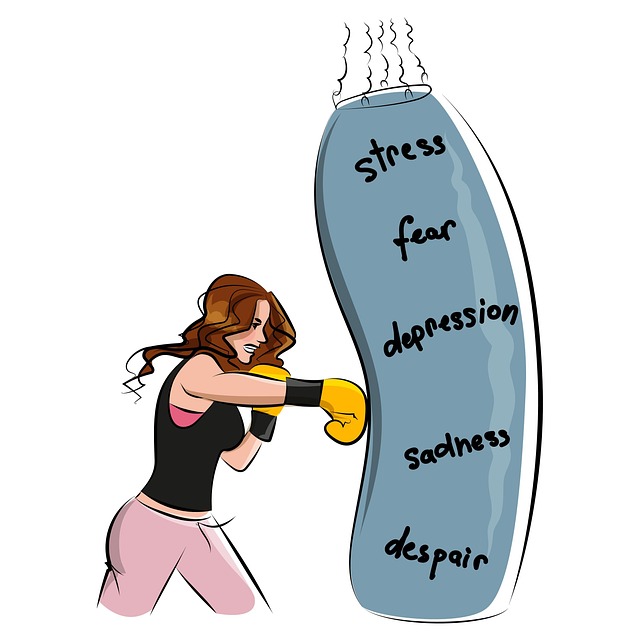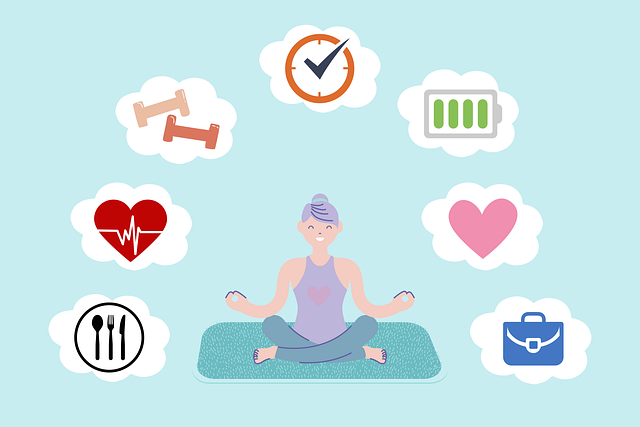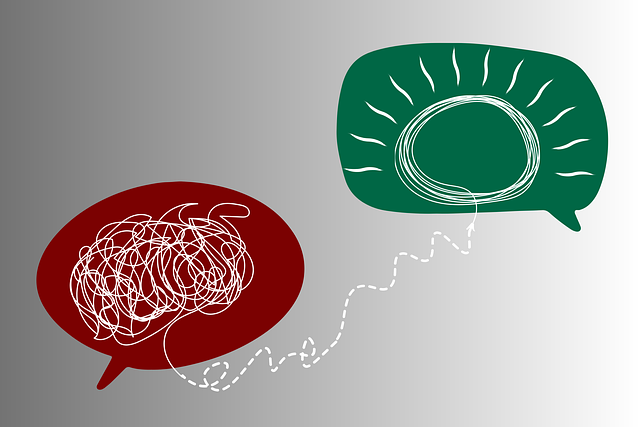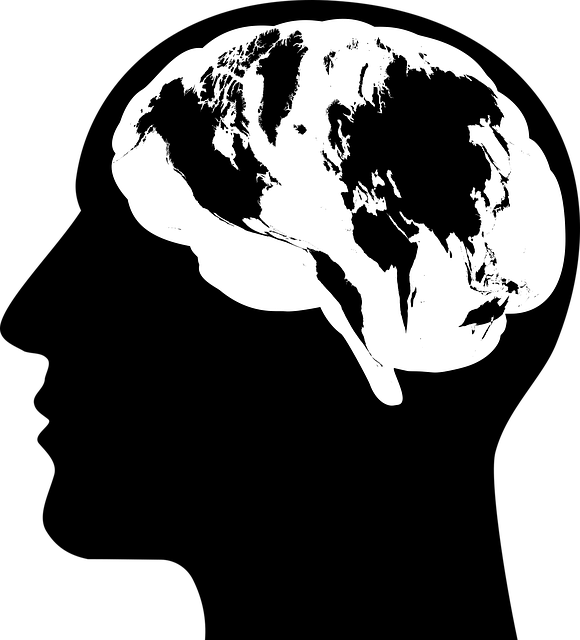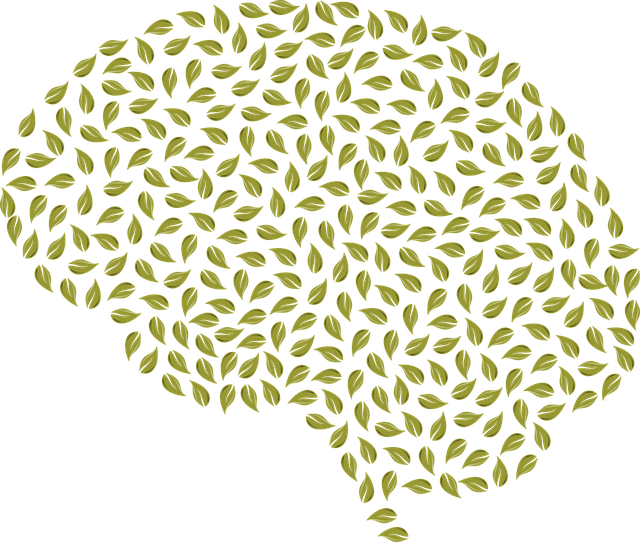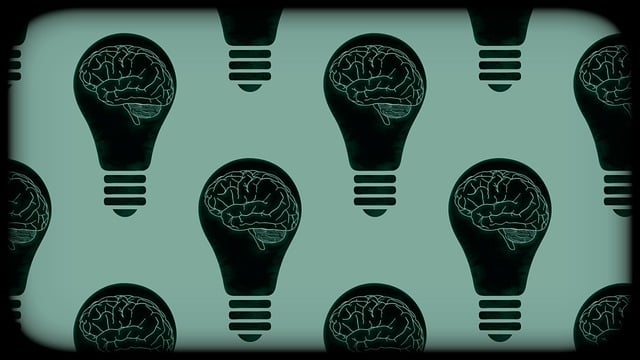The Resilience and Fitness Model (RFM) offers a holistic approach to therapy for elders, combining tailored fitness routines with evidence-based mental health techniques. By integrating resilience-building exercises like mindfulness and group activities, therapists and clinicians can prevent depression, manage anxiety, and improve seniors' overall well-being. RFM strengthens the therapist-client relationship, empowers emotional coping strategies, and contributes to a more resilient community, benefiting both individuals and society.
Resilience is key to maintaining mental and physical well-being, especially among the elderly population. This article explores the power of RFM (Recovery, Flexibility, and Mastery) in enhancing therapy outcomes for seniors. We delve into how RFM exercises can be incorporated into therapeutic practices, focusing on strategies to improve resilience in older adults. Additionally, we discuss the benefits of this approach for therapists and clinicians, empowering them to provide more effective care tailored to the unique needs of elderly clients.
- Understanding RFM and Its Impact on Elderly Well-being
- Strategies for Incorporating Resilience Building Exercises
- Enhancing Therapist-Clinician Skills through RFM Implementation
Understanding RFM and Its Impact on Elderly Well-being

The Resilience and Fitness Model (RFM) is a powerful framework that recognizes the importance of mental and physical well-being in aging populations, particularly among the elderly. This model focuses on fostering resilience, which is the ability to adapt and bounce back from challenges, thereby enhancing overall quality of life. For therapists and clinicians working with older adults, understanding RFM offers a unique perspective on addressing various mental health concerns prevalent in this demographic.
By integrating physical fitness routines tailored to senior needs with evidence-based therapy techniques, professionals can effectively support the elderly in managing conditions like depression and anxiety. Physical activity, as part of an RFM approach, serves as a powerful tool for emotional well-being promotion techniques, contributing to improved mental health outcomes. This holistic strategy not only aids in depression prevention but also provides anxiety relief, ultimately empowering seniors to navigate life’s challenges with greater resilience.
Strategies for Incorporating Resilience Building Exercises

Incorporating resilience-building exercises into therapeutic routines for elders is a strategic approach to enhancing their mental health and overall well-being. Therapists and clinicians can play a pivotal role in guiding this process by tailoring activities that cater to individual needs. One effective strategy involves integrating these exercises into daily life, making them accessible and sustainable. Simple yet impactful practices such as mindfulness meditation, deep breathing techniques, and positive affirmation rituals can be easily incorporated into morning routines or before bedtime. These methods not only foster stress reduction but also empower elders with tools to manage anxiety and promote mental agility.
Additionally, group activities centered around resilience can create a supportive environment for older adults. Social engagement and shared experiences are powerful tools in the therapy arsenal. Organising workshops or support groups that focus on problem-solving, emotional coping strategies, and building social connections can significantly contribute to burnout prevention. By combining individual practices with group interventions, therapists can effectively address various aspects of mental health policy analysis and advocacy, ensuring a holistic approach to eldercare.
Enhancing Therapist-Clinician Skills through RFM Implementation

Implementing RFM (Resilience, Flexibility, and Mastery) exercises within therapy practices specifically tailored for elders has proven to be a game-changer in enhancing therapist-clinician skills. These exercises are designed to strengthen the therapeutic relationship by fostering a deeper understanding of the client’s resilience, empowering them to navigate life’s challenges with greater flexibility. Through regular RFM sessions, therapists can help elders develop coping mechanisms that promote emotional well-being and build confidence in their ability to manage stress effectively.
The integration of RFM into therapy for elders not only benefits individual clients but also has broader implications for the organization and development of public awareness campaigns. By equipping therapists with advanced skills in stress management workshops, they can contribute to a more resilient and supportive community. This, in turn, can lead to increased public awareness about the importance of mental health and well-being among older adults, further reinforcing the impact of these exercises beyond individual therapy sessions.
The implementation of RFM and resilience building exercises offers a promising approach to improving the well-being of the elderly. By integrating these strategies, therapy for elders becomes more effective while also enhancing the skills of therapists-clinicians. This holistic method not only addresses the unique challenges faced by older adults but also empowers them to build resilience, fostering a better quality of life. For therapists-clinicians, embracing these practices is essential for delivering tailored and impactful care within the digital era.
